
Pouring Hot Water into the Kitchen Sink
Pouring Hot Water into the Kitchen Sink: Thought It Was Helpful, But It Causes Two Serious Problems
One common mistake in many households is pouring hot water directly into the kitchen sink. While it may seem like a harmless habit, it can actually lead to significant damage that not everyone is aware of.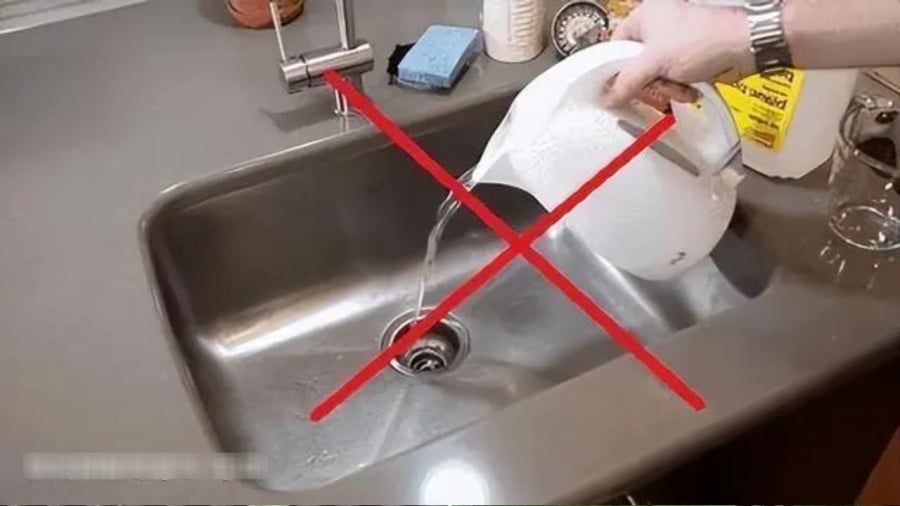
Many people believe that pouring hot water into the sink helps clean off residues and grease. However, this is a serious misconception that can cause more harm than good.
Dangers of Pouring Boiling Water into the Sink
Kitchen sinks are typically connected to a filtration basket and a drainpipe system that channels wastewater into the main sewage line. During cooking, people often pour hot water (such as water used to boil vegetables, noodles, or even plain boiling water) down the sink. Over time, this practice can result in two major problems:
1. Reduces the Lifespan of Drainpipes
If your kitchen’s drainage pipes are made of plastic, they usually can’t withstand high temperatures. Even pipes made from heat-resistant materials can deteriorate if exposed repeatedly to very hot water. This accelerates wear and shortens the pipe’s lifespan, leading to higher repair or replacement costs.
2. Causes Pipe Deformation and Cracks
Certain types of pipes, especially PVC pipes, cannot tolerate temperatures above 60°C (140°F). When boiling water—often over 90°C (194°F)—is poured into the sink, it flows directly into the pipes, potentially causing them to warp or even crack. This can result in serious issues like leaks, water damage, or malfunctioning plumbing systems, affecting not just the pipes but also your kitchen cabinets and other surrounding fixtures.
Tips to Prevent Grease Buildup in Sink Drainpipes
Instead of pouring hot water into the sink, consider these effective tips to minimize grease accumulation in your pipes and prevent clogs:
Wipe Off Grease Before Washing
Before placing dishes, pots, or pans into the sink, pour leftover oil into the trash. You can also use a paper towel or kitchen cloth to wipe off excess grease. This prevents oil from entering the drain and significantly reduces the risk of clogs.
Use Drain Cleaners Regularly
After some time, grease and debris can build up in your pipes. Use drain cleaning solutions periodically to dissolve these residues. This helps prevent unpleasant odors and blockages in your sink area.
Drain cleaners are readily available in stores—just read the instructions carefully before use. Pour the cleaner down the drain; it will break down the clog-causing substances without harming your pipes. Many products also offer antibacterial properties to keep your drain hygienic and odor-free.
DIY Natural Cleaner: Baking Soda and White Vinegar
If you prefer not to use chemical cleaners, try this natural alternative:
-
Pour baking soda down the drain.
-
Follow it with white vinegar.
-
The mixture will foam up as it reacts, helping to loosen and lift grime from the pipe walls.
-
Let it sit for a few minutes, then flush with water to wash everything away.
In summary, while it may seem like a good idea, pouring boiling water into your sink can damage your plumbing over time. To protect both your pipes and your kitchen, it's better to adopt safer, more effective methods of grease removal and drain maintenance.
News in the same category

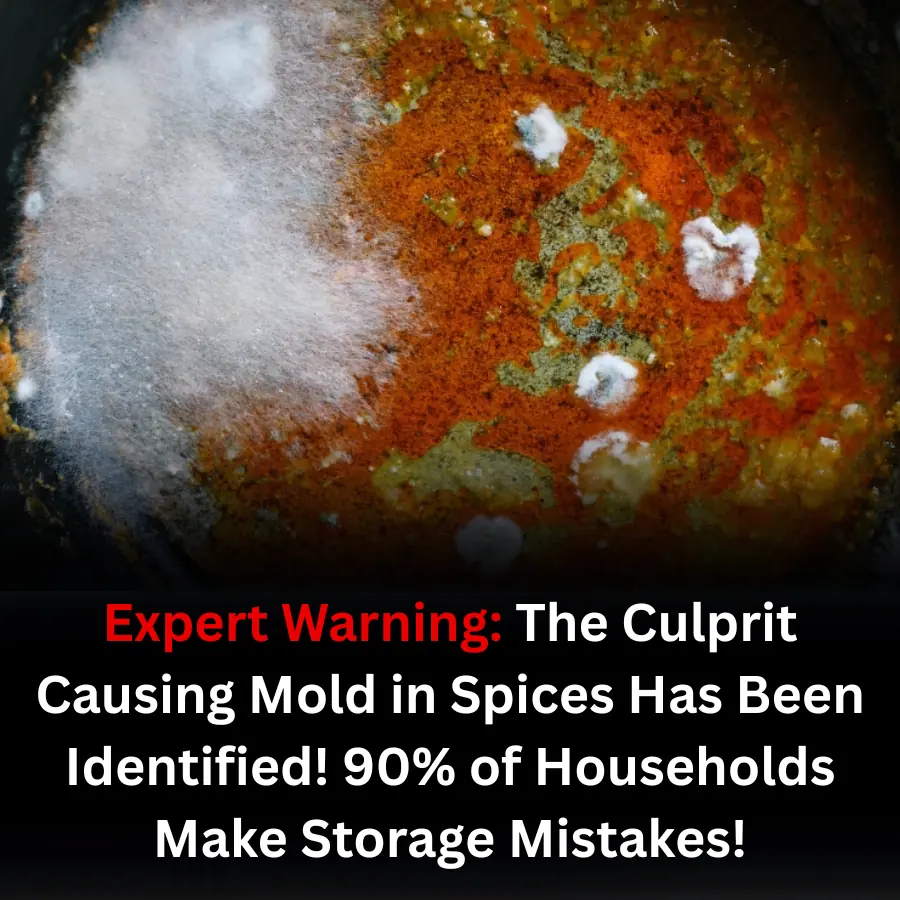
Expert Warning: The Culprit Causing Mold in Spices Has Been Identified! 90% of Households Make Storage Mistakes!

As a mother, please don't show favoritism!
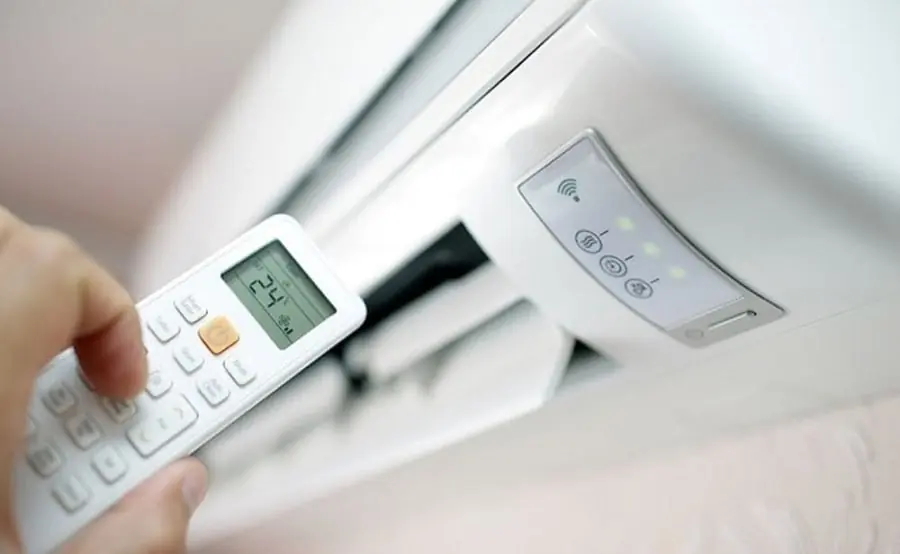
A Common Habit 9 Out of 10 People Make When Using Air Conditioners

3 Mole Locations That May Signal Skin Can.cer: Don’t Ignore These War.nings

A "treasure" tree for humans, picking seeds and selling them can also make a lot of money

Marine Animal Shows Are Officially Banned in Mexico After Historic Legislative Vote
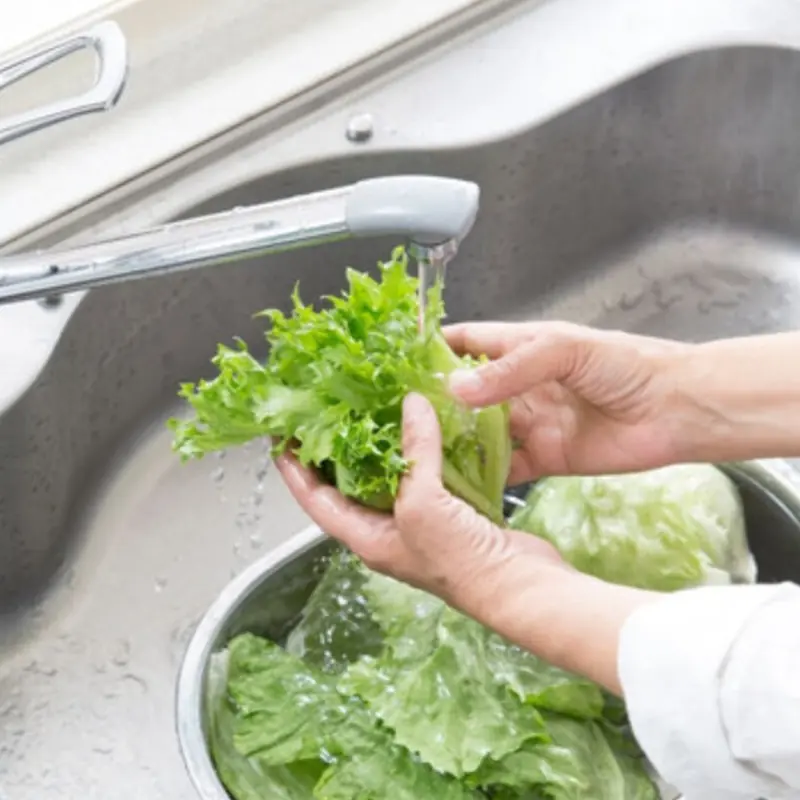
The U.S. Ranks the “World’s Best Vegetables”

Why hotel rooms are usually not numbered 420
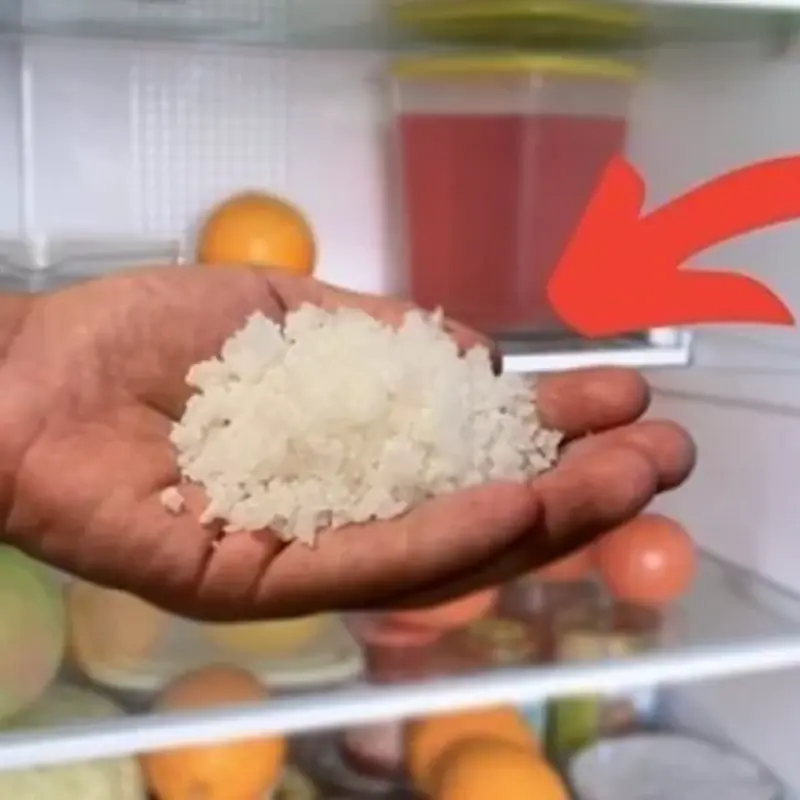
Put a Handful of Salt in the Fridge A Golden Trick Everyone Wants to Try After Reading
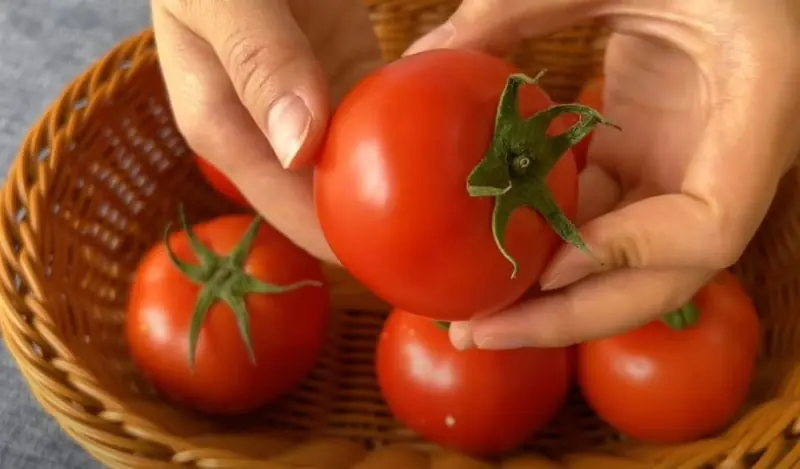
Do This Instead to Keep Them Fresh for a Whole Year
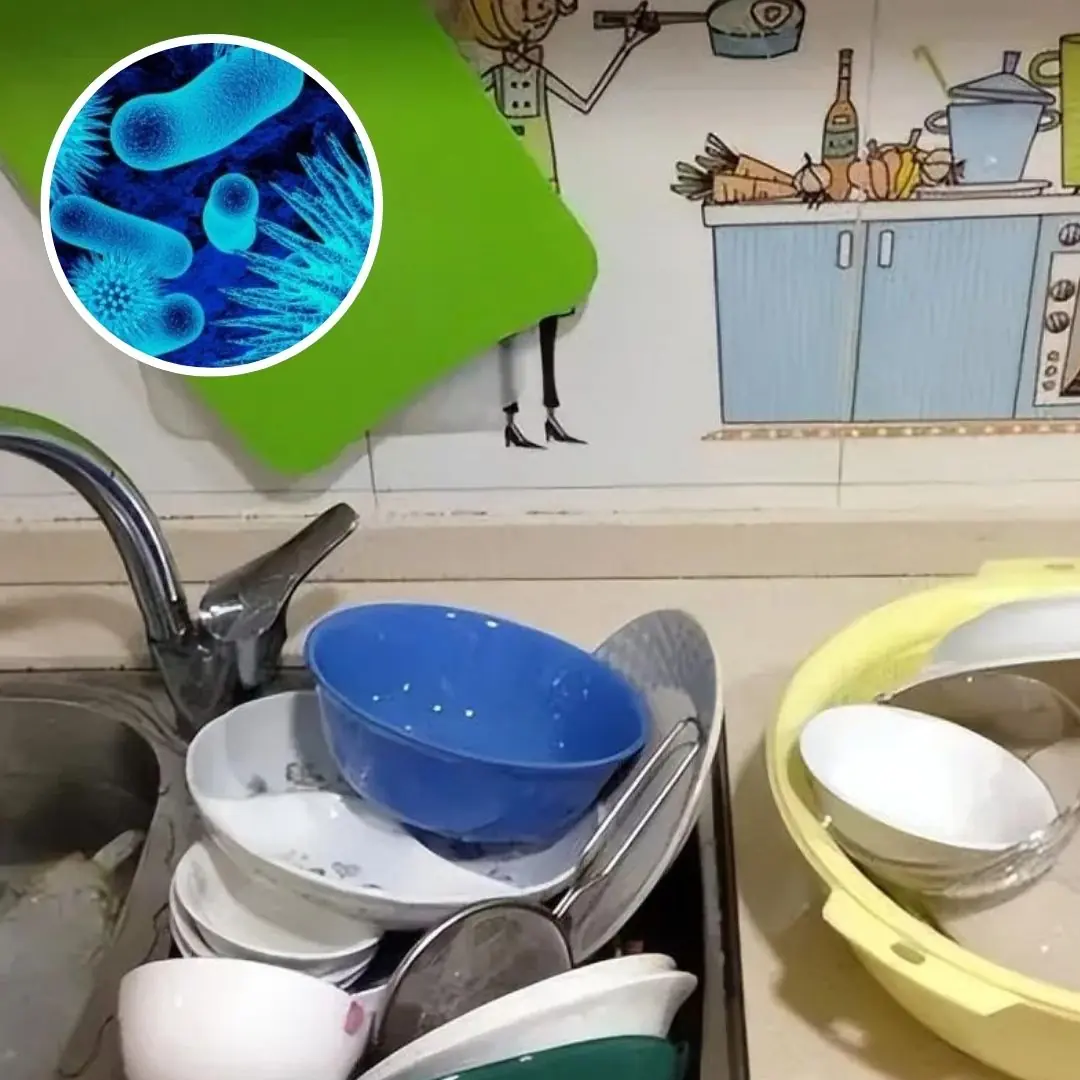
6 dishwashing habits that "invite trouble" that many families are making!

Alzheimer’s May Not Originate in the Brain, Scientists Suggest

Beleaguered Weather Service defends its forecasts as Texas officials point fingers over flood warnings
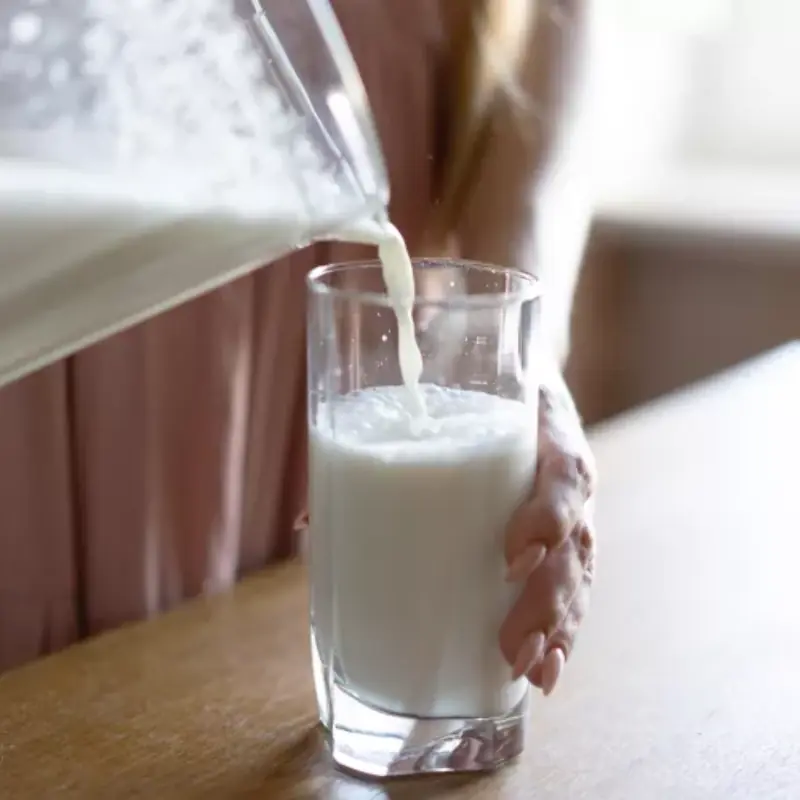
A Glass of Milk a Day Could Help Lower Women's Risk of Color.ec.tal Can.cer

A Common Ingredient in Energy Drinks May Be Linked to Blo.od Can.cer
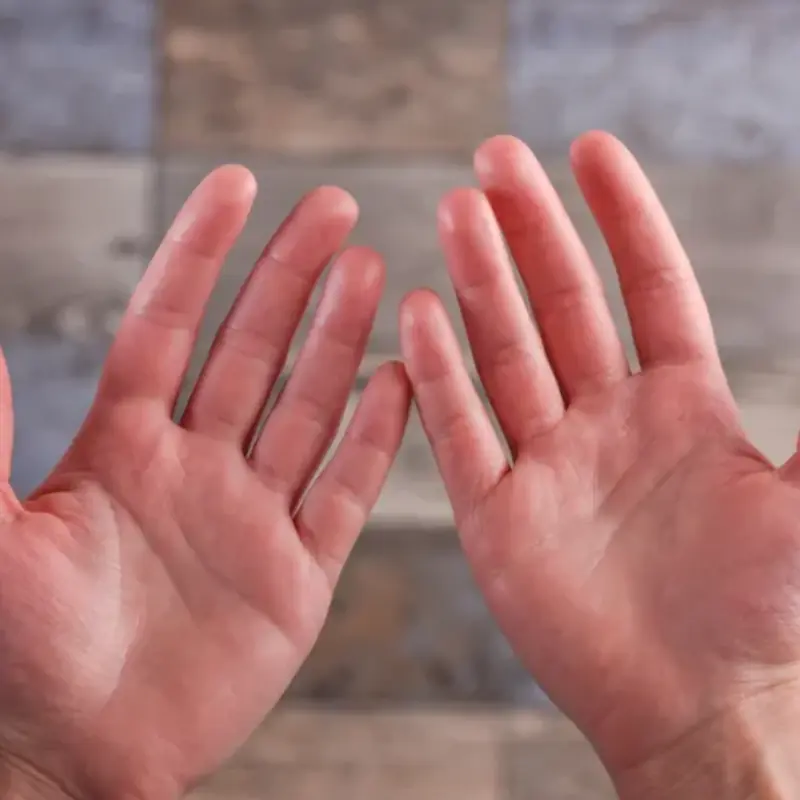
What Your Finger Length Could Reveal About Your Cardio Fitness

Is 'Razor Blade Throat' Really a Sign of the Newest COVID Variant?

USA: Successfully tested a special dru.g that can elimi.nate up to 70 types of can.cer
News Post

What Your Nightmares Really Mean

Grandparents taught us NOT to wash clothes at night, NOT to hang clothes overnight - We must obey!

Brushing your teeth before bed is a mistake! This is when you really need to brush your teeth

Expert Warning: The Culprit Causing Mold in Spices Has Been Identified! 90% of Households Make Storage Mistakes!

As a mother, please don't show favoritism!
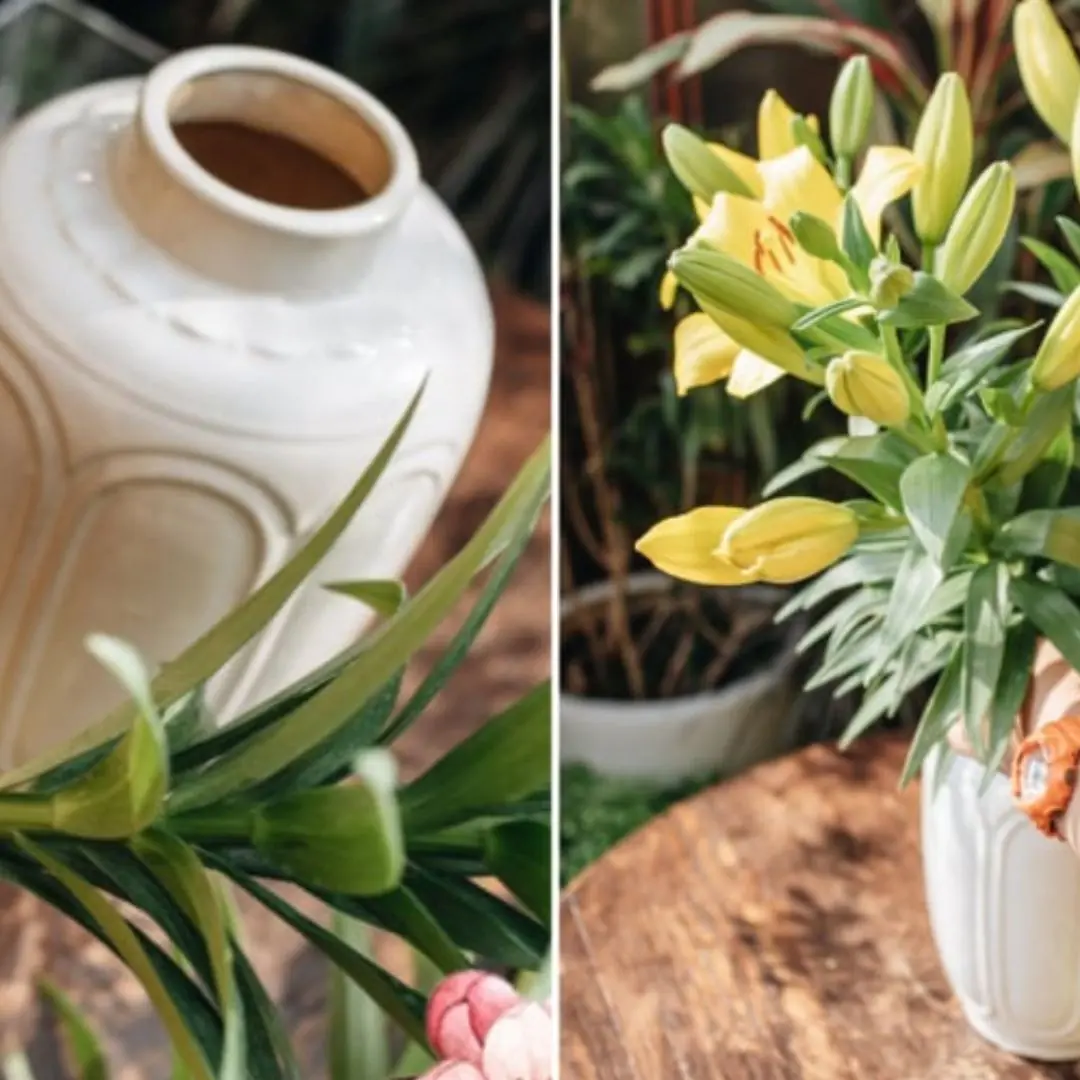
Add this to the flower water and the flowers will stay fresh all week, despite the hot weather

A Common Habit 9 Out of 10 People Make When Using Air Conditioners

3 Mole Locations That May Signal Skin Can.cer: Don’t Ignore These War.nings

Is Eating Sweet Potatoes Good for You? Health Benefits Everyone Should Know

Japanese Doctor Shares 5 Simple Tips to Keep Malignant Cells from Returning

A Common Eating Habit That May Raise Your Risk of Esoph.ageal Can.cer

A "treasure" tree for humans, picking seeds and selling them can also make a lot of money

Warning: 5 fatal mistakes when using electric kettles: Number 4 is made by many people, doctors advise to fix it immediately

6 plants in their house: Drive away evil spirits, attract money, and bring good fortune to their children

8 Cooking Habits That Make Your Family Eat Twice as Much Carcinogens

Marine Animal Shows Are Officially Banned in Mexico After Historic Legislative Vote

Closing the door when turning on the air conditioner is not necessarily good, experts show what to do
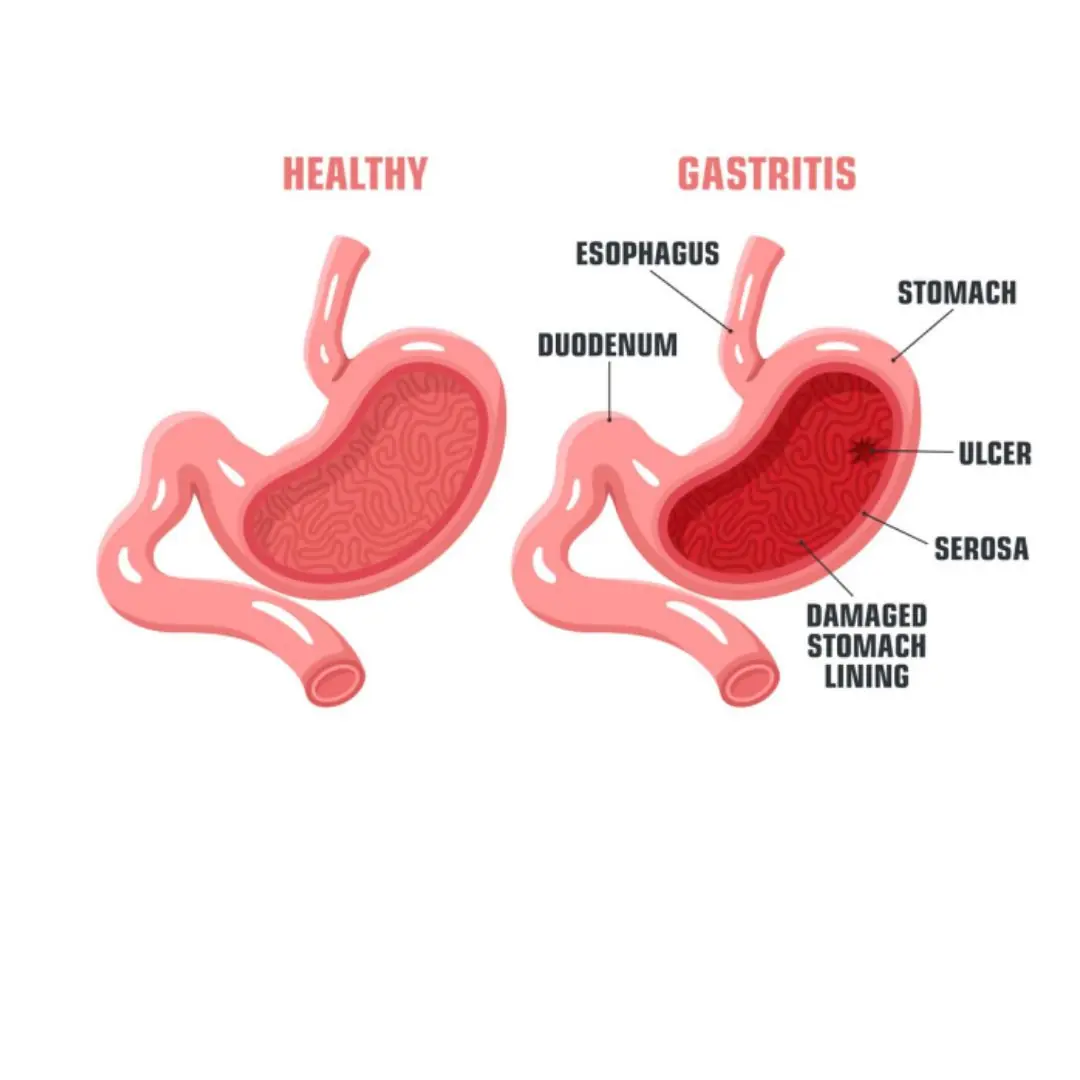
4 common mistakes when eating breakfast that seriously d.a.mage the stomach but few people notice
